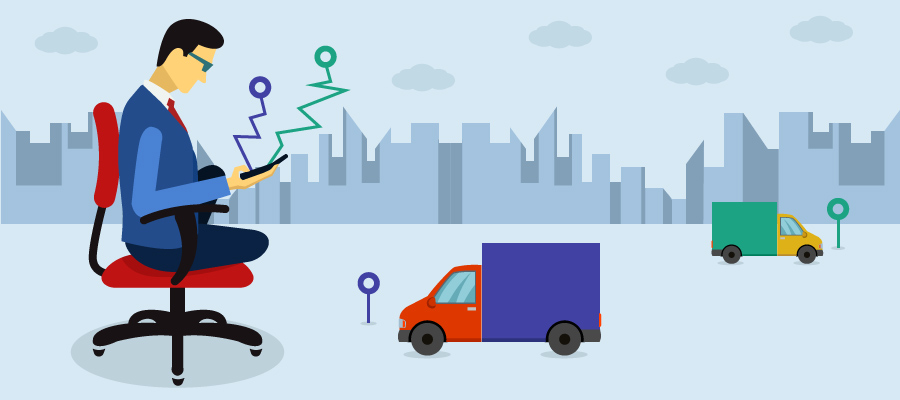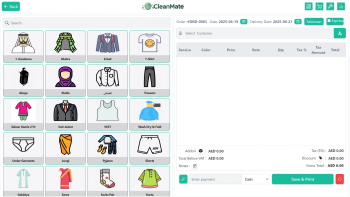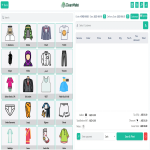Delivery management software is a specialized solution designed to streamline and optimize the processes involved in the delivery of goods or services. It is a crucial tool for businesses across various industries, including e-commerce, logistics, retail, and food delivery services. Here are some key features and benefits of delivery management software:
Key Features:
Order Management: Easily create and manage delivery orders, including order scheduling, prioritization, and assignment.
Route Planning and Optimization: Automatically calculate and optimize delivery routes, considering factors like traffic, weather, and delivery windows to reduce delivery times and fuel costs.
Real-Time Tracking: Monitor deliveries in real time using GPS technology, allowing businesses and customers to track the status and location of deliveries.
Customer Communication: Send automated notifications and updates to customers, including order confirmations, delivery ETAs, and delivery completion alerts.
Proof of Delivery (PoD): Capture digital signatures, photos, or other proof of delivery to confirm that the goods or services were successfully delivered.
Driver Management: Assign and manage drivers, track their locations, and monitor performance to ensure efficient and on-time deliveries.
Inventory Management: Keep track of inventory levels, ensuring that orders can be fulfilled without stockouts or overstocking.
Analytics and Reporting: Generate detailed reports and analytics to gain insights into delivery performance, driver efficiency, and customer satisfaction.
Integration Capabilities: Seamlessly integrate with other systems, such as e-commerce platforms, point-of-sale (POS) systems, and inventory management software, to create a unified delivery ecosystem.
Mobile Accessibility: Provide mobile apps for drivers and delivery personnel to access delivery information, update order statuses, and communicate with the dispatch team.
Multi-Platform Accessibility: Access the software via web-based platforms, making it easy for both office and field staff to use.
Scalability: The software should be scalable to accommodate growing delivery operations as business needs expand.
Benefits:
Efficiency: Delivery management software streamlines operations, reduces manual work, and increases the efficiency of the entire delivery process.
Cost Savings: Optimized routes, reduced fuel consumption, and fewer errors can lead to significant cost savings.
Improved Customer Experience: Real-time tracking, timely notifications, and accurate ETAs enhance the overall customer experience.
Data-Driven Decision Making: Analytics and reporting provide valuable insights for making informed decisions and process improvements.
Reduced Errors: Automation reduces the risk of human errors, such as incorrect deliveries or missed order updates.
Compliance: Helps businesses adhere to industry regulations, especially concerning sensitive customer data and delivery documentation.
Competitive Advantage: Businesses that use delivery management software can provide faster, more reliable, and more transparent delivery services, giving them a competitive edge.
Delivery management software plays a vital role in modern delivery operations, allowing businesses to meet customer expectations, optimize resources, and stay competitive in a rapidly evolving market.








